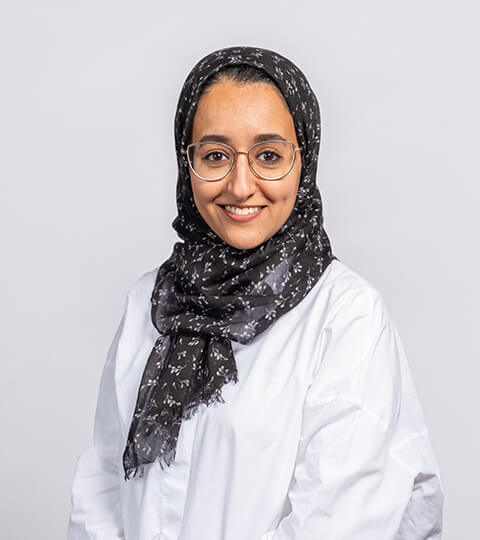Zelal is a Saudi emerging ceramic artist, holds a BA and MA in Islamic Arts, from King Abdulaziz University, Jeddah, Saudi Arabia. She worked at the same university from 2009-2018, and from 2018 at Jeddah University. Simultaneously, she is a Doctoral Researcher at Loughborough University, UK, exploring the emerging field of Islamic Studio Ceramics.
Zelal has an Islamic and Arabic background, she believes that Islamic art reflects her identity and cultural heritage. However, she also believes that preserving this identity does not mean the rejection of other cultures but to adapt with one another and to find an in-between. After investigating the practice of Contemporary Islamic Ceramics few artists have been identified as an active studio ceramicists, which raise a significant necessity of a contribution to the field. Consequently, Zelal is presently undertaking a practice-based research aiming to contribute culturally and technically towards a hybrid Contemporary Islamic Ceramics. Inspired from a cultural heritage context, which is the world heritage site Alhambra Palace and Alhambra vases.
Thesis title: Emerging Islamic Studio Ceramics: Reinvigorating the Cultural Heritage Artefacts from Alhambra Palace.
The current doctoral practice-based research is inspired from a cultural heritage context, which is the UNESCO world heritage site Alhambra Palace (1237-1492). This research focuses on ceramics from Islamic Spain during the Nasrid period, which is known for its lavish multi-cultural and artistic style. Investigating the intercultural production of Islamic art at this period and apply new interpretation to the current creative practice. Exploring ceramic geometric tiles, Arabic inscriptions and ceramic techniques from the world heritage site Alhambra Palace. It is also exploring the traditional lustre technique found on superb Alhambra vases. These elements are the bases of this research theory and practice. The central question of this research is: What influences can the visual-aesthetic of Alhambra Palace have on the development of contemporary Islamic Studio Ceramics?.
Furthermore, with the development of new technology interests have shifted from material based to digital based disciplines. Ceramics was one of the fields that have been affected as it usually depends on hand skills techniques. However, ceramics had faced similar challenges and changes in its history starting with coiling, throwing, moulding and now is 3D printing and other new technologies. Therefore, this research is aiming to produce hybrid contemporary Islamic ceramic artefacts utilising new technological with conventional methods in a cultural heritage context.
Supervisors: Dr Roberta Bernabei and Professor Robert Harland.
